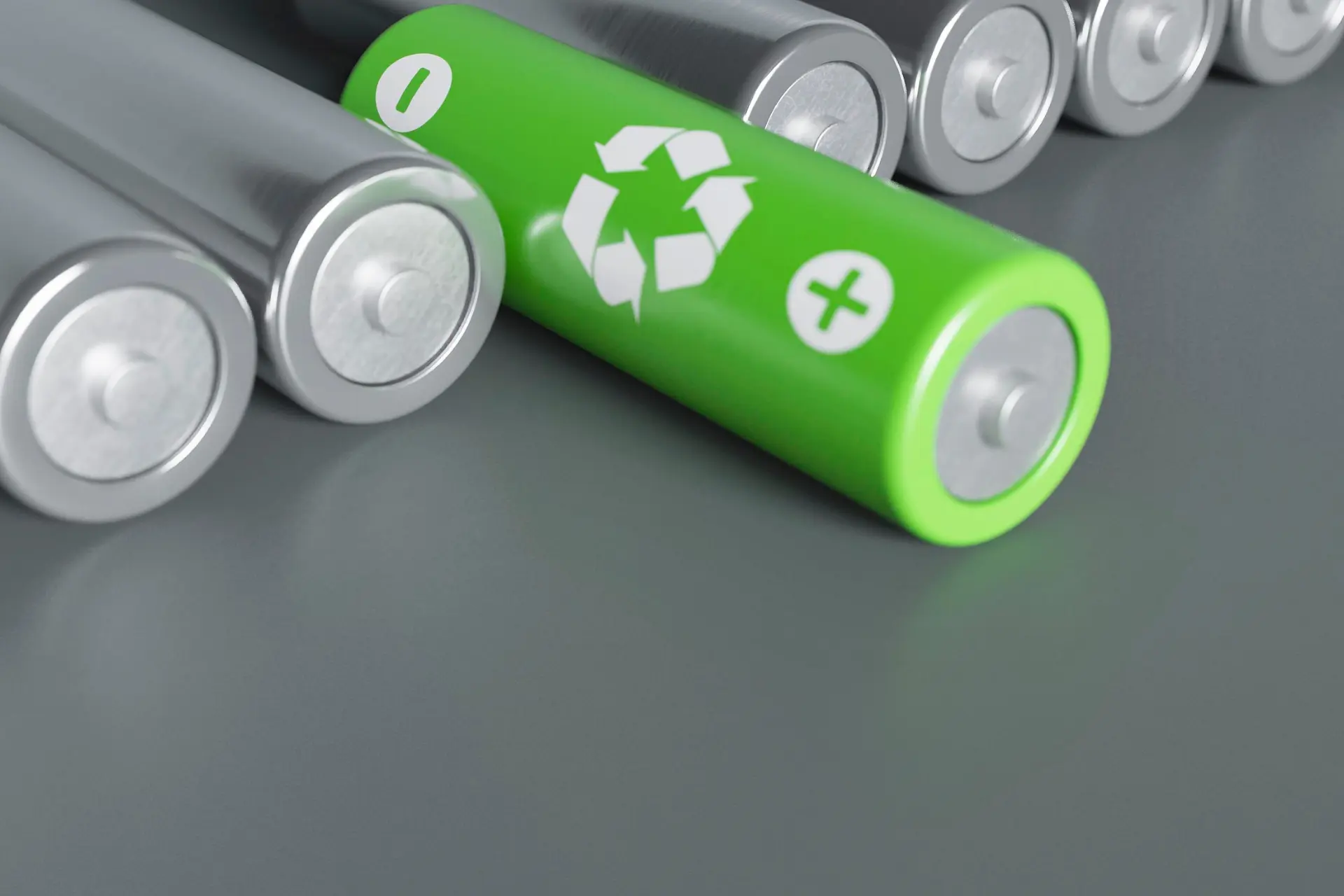Definition of Plastic Packaging Tax
Plastic packaging tax is a regulatory measure introduced by governments to reduce plastic waste and encourage businesses to use recycled materials. As the global focus on environmental sustainability grows, this tax aims to promote responsible plastic use and waste reduction.
Plastic packaging tax is a levy imposed on the production and importation of plastic packaging that does not contain a certain percentage of recycled materials. It is designed to reduce the reliance on virgin plastics and minimise the environmental impact of plastic waste.
In the UK, the Plastic Packaging Tax (PPT) is applied to plastic packaging that contains less than 30% recycled material. It was introduced in April 2022 and is set at a rate of £210.82 per tonne of applicable plastic packaging. Other countries have similar schemes with varying thresholds and rates, but the underlying goal remains the same: reducing plastic waste.
Purpose of Plastic Packaging Tax
The primary goal of the plastic packaging tax is environmental protection. Plastics, especially single-use varieties, have a devastating impact on the environment, polluting oceans and landfills and contributing to climate change. The tax encourages businesses to rethink their packaging materials and adopt more sustainable practices.
Plastic waste takes hundreds of years to decompose, and improper disposal leads to microplastic pollution in waterways and the food chain. By taxing plastic packaging, governments hope to reduce the amount of new plastic entering the market and increase the use of recycled materials.
Governments around the world are taking steps to mitigate plastic waste. In the UK, initiatives such as banning plastic straws and promoting recycling schemes are part of a broader effort. The plastic packaging tax is one of the most significant policies aimed at curbing plastic use in commercial and industrial sectors.
How Does Plastic Packaging Tax Work?
The plastic packaging tax applies to businesses that manufacture or import plastic packaging in quantities exceeding a certain threshold. The tax is calculated based on the amount of plastic packaging that does not meet the required percentage of recycled content.
The scope of the tax extends to any business that manufactures or imports more than 10 tonnes of plastic packaging over a 12-month period. This includes not only producers but also companies that import goods with plastic packaging, even if the packaging was not made in the UK.
What Qualifies as Plastic Packaging?
Plastic packaging includes any product designed to contain, protect, handle, deliver, or present goods. This can range from bottles and wrapping to containers and trays. The tax applies whether the packaging is used for retail products, food, or industrial purposes.
The tax specifically targets plastic packaging with less than 30% recycled content. Packaging made from other materials like cardboard, glass, or aluminium is not subject to the tax unless it contains plastic as a significant component.
Who Is Liable to Pay the Tax?
Businesses involved in the manufacture or import of plastic packaging are liable to pay the tax. This includes UK manufacturers and importers of both empty packaging and goods wrapped in plastic.
Businesses vs. Consumers
While the tax is charged to businesses, it is likely that the cost will be passed on to consumers in the form of higher prices. This creates an additional incentive for companies to find more sustainable, cost-effective alternatives.
Importers and Manufacturers
Both importers and manufacturers are responsible for ensuring their plastic packaging complies with the regulations. Failure to meet the tax requirements can result in penalties, as well as damage to a company’s reputation in the eyes of environmentally conscious consumers.
The Rates and Application of Plastic Packaging Tax
Understanding the rates and when the tax applies is crucial for businesses looking to remain compliant and minimise costs.
The current rate for the UK plastic packaging tax is £210.82 per tonne of non-compliant plastic packaging. This rate applies uniformly to manufacturers and importers alike.
While the UK has a specific rate and percentage requirement for recycled content, other countries may have different thresholds and tax rates. For example, the European Union is considering its own plastic packaging tax with varying conditions depending on the member state.
When and How the Tax Is Applied
The tax is calculated quarterly, and businesses must register with HMRC if they meet the 10-tonne threshold.
Only businesses that handle more than 10 tonnes of plastic packaging annually are required to register and pay the tax. This threshold ensures that smaller businesses with minimal plastic usage are not unfairly burdened.
Failure to register for the tax, or providing false information, can result in significant penalties, including fines and potential criminal prosecution.
Exemptions and Reliefs Under Plastic Packaging Tax
Not all plastic packaging is subject to the tax. There are specific exemptions and reliefs available for businesses that meet certain conditions.
What Types of Packaging Are Exempt?
Some plastic packaging is exempt from the tax, particularly if it meets sustainability criteria.
- Recycled Plastic Content: If the plastic packaging contains at least 30% recycled material, it is exempt from the tax. This encourages businesses to use recycled content in their packaging designs.
- Biodegradable Materials: Packaging made from biodegradable plastics may also qualify for exemptions, provided it meets certain industry standards and regulations.
How to Apply for Exemptions
Businesses must keep detailed records and evidence to prove that their plastic packaging qualifies for an exemption. This includes providing data on recycled content and ensuring that biodegradable materials meet the necessary criteria.
Proof of compliance includes invoices, material specifications, and certification from suppliers. Businesses must be prepared to present this documentation during audits.
Some exemptions are subject to case-by-case analysis, particularly when businesses use innovative or non-standard packaging materials.
Impact of Plastic Packaging Tax on Businesses
The introduction of the plastic packaging tax has significant implications for businesses, both financially and operationally.
Financial Implications
The tax increases costs for companies that rely heavily on plastic packaging, particularly if they use virgin materials. The added expense can impact profitability and lead to price increases for consumers.
- Costs for Manufacturers: Manufacturers who cannot source enough recycled materials may find themselves paying the tax on significant portions of their packaging output, affecting their bottom line.
- Cost Transfer to Consumers: In many cases, businesses will pass the additional cost on to consumers by raising the price of products, making plastic packaging tax an indirect cost for households.
Supply Chain and Operations
The tax also has operational implications, as businesses may need to adapt their supply chains to comply with the regulations.
- Adjusting Production Processes: Companies may need to adjust production processes to incorporate more recycled content into their packaging, which can require investment in new technologies or suppliers.
- Sourcing Sustainable Alternatives: Businesses are encouraged to explore sustainable alternatives to traditional plastic packaging, such as compostable or biodegradable options.
How to Prepare for Plastic Packaging Tax
Proper preparation is essential for businesses that want to minimise the impact of the tax and stay compliant with regulations.
To reduce the tax burden, businesses should focus on reducing their use of virgin plastics and increasing the proportion of recycled materials in their packaging.
One of the most effective ways to reduce the impact of the plastic packaging tax is to reduce the overall use of plastic. This could involve redesigning packaging to use less plastic or switching to alternative materials.
Using Recycled Materials
By incorporating at least 30% recycled content into their plastic packaging, businesses can avoid the tax altogether. Investing in recycled materials also supports the circular economy.
Working with Supply Chain Partners
Collaborating with supply chain partners is key to achieving compliance with the tax.
Businesses should work closely with suppliers to ensure that the packaging materials they receive meet the necessary recycled content thresholds.
Documentation and Reporting
It is vital to maintain accurate records and documentation to demonstrate compliance with the tax regulations.
Global Perspectives on Plastic Packaging Tax
While the UK is leading the charge on plastic packaging tax, other countries are following suit with their own initiatives.
How Different Countries Are Handling Plastic Waste
Countries around the world are tackling plastic waste in different ways, with some introducing their own versions of plastic packaging taxes.
- Europe: The European Union has proposed a plastic tax as part of its broader Green Deal, focusing on non-recycled plastic waste and promoting circular economy practices.
- North America: In the United States and Canada, efforts are being made to reduce plastic waste through state-level regulations and industry-led initiatives.
- Asia: Countries like China and Japan are also implementing measures to reduce plastic waste, with a focus on banning single-use plastics and promoting recycling.
International Regulations and Comparisons
Different countries take varied approaches to plastic waste, but many share the same goals of reducing plastic pollution and promoting sustainable packaging.
Most plastic packaging taxes focus on increasing the use of recycled materials and penalising the use of virgin plastics. This is conducive towards alignment with global environmental targets.
The UK’s plastic packaging tax is one of the most comprehensive, offering valuable lessons for other countries looking to implement similar schemes.
Summary
The plastic packaging tax is a vital tool in the fight against plastic waste. By encouraging businesses to use recycled materials and adopt sustainable practices, the tax not only benefits the environment but also helps create a circular economy. Businesses that prepare for and comply with the tax can avoid penalties and enhance their reputation as environmentally responsible organisations.



